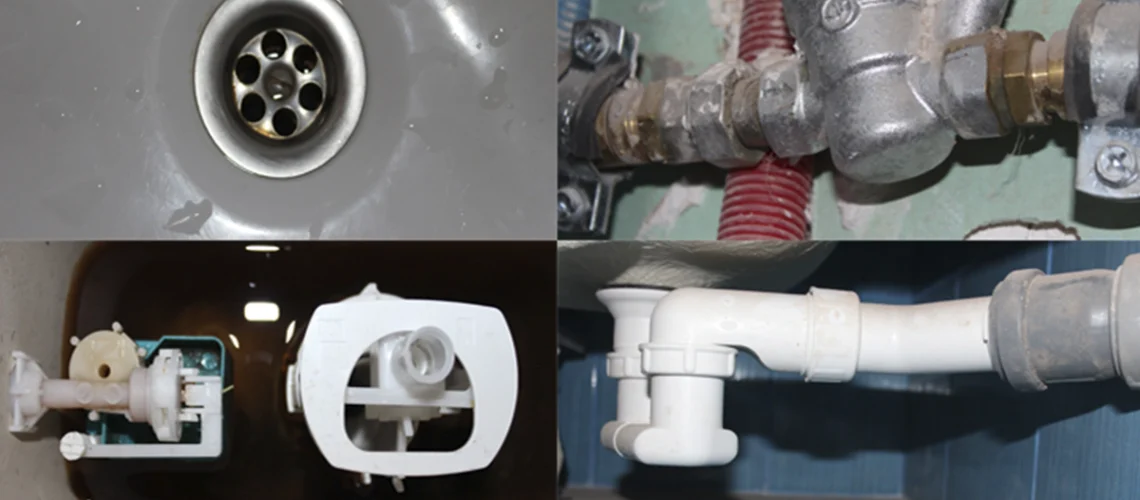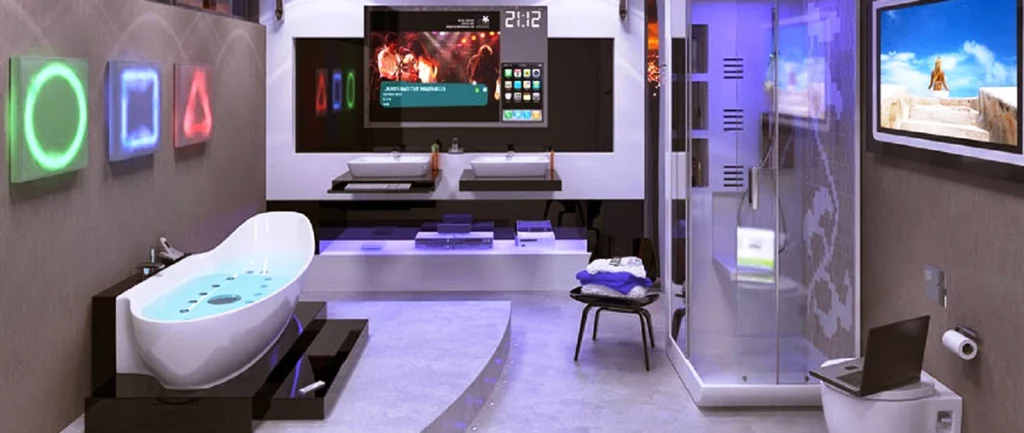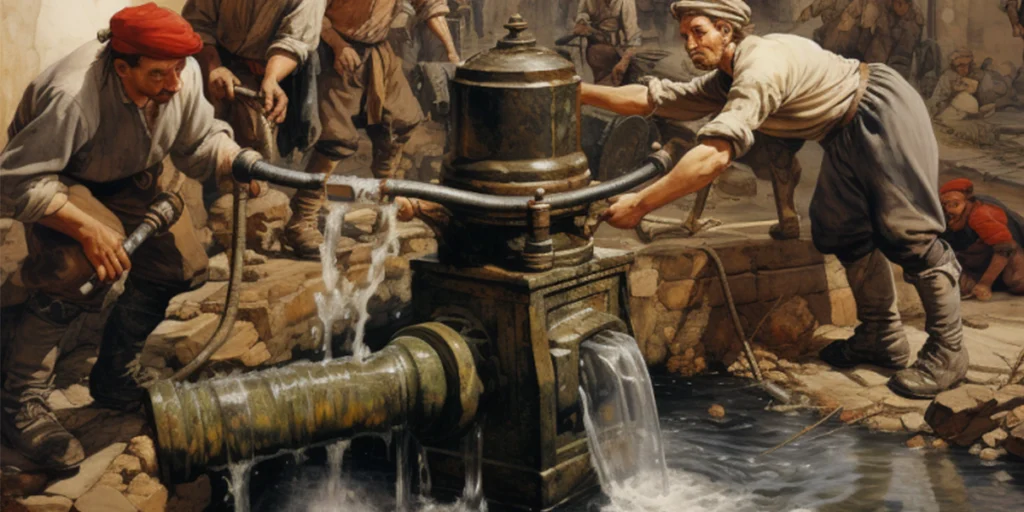Plumbing issues can be a homeowner’s worst nightmare. From leaky faucets to clogged drains, understanding the most common plumbing repairs can help you address problems swiftly and effectively. Let’s dive into the most frequently encountered plumbing issues and how you can tackle them.
Contents
- 1 Identifying Common Plumbing Issues
- 1.1 Leaky Faucets
- 1.2 Causes of Leaky Faucets
- 1.3 How to Fix a Leaky Faucet
- 1.4 Clogged Drains
- 1.5 Signs of a Clogged Drain
- 1.6 DIY Solutions for Clogged Drains
- 1.7 Running Toilets
- 1.8 Fixing a Running Toilet
- 1.9 Low Water Pressure
- 1.10 Reasons for Low Water Pressure
- 1.11 Solutions to Restore Water Pressure
- 1.12 Water Heater Issues
- 1.13 Types of Water Heater Problems
- 1.14 How to Address Water Heater Issues
- 2 The Importance of Regular Plumbing Maintenance
- 3 When to Call a Professional
Identifying Common Plumbing Issues
Leaky Faucets
A leaky faucet can be incredibly annoying with that constant drip-drip sound, not to mention it wastes water and increases your utility bill.
Causes of Leaky Faucets
Leaky faucets are often caused by worn-out washers or gaskets, corrosion, or improper installation. These small components can degrade over time, leading to those frustrating drips.
How to Fix a Leaky Faucet
Fixing a leaky faucet usually involves replacing the washer, O-ring, or the entire faucet cartridge. It’s a straightforward task that requires minimal tools and can save a lot of water (and money) in the long run.
Clogged Drains
Clogged drains are another frequent plumbing issue. Whether it’s the kitchen sink or the shower drain, clogs can disrupt your daily routine.
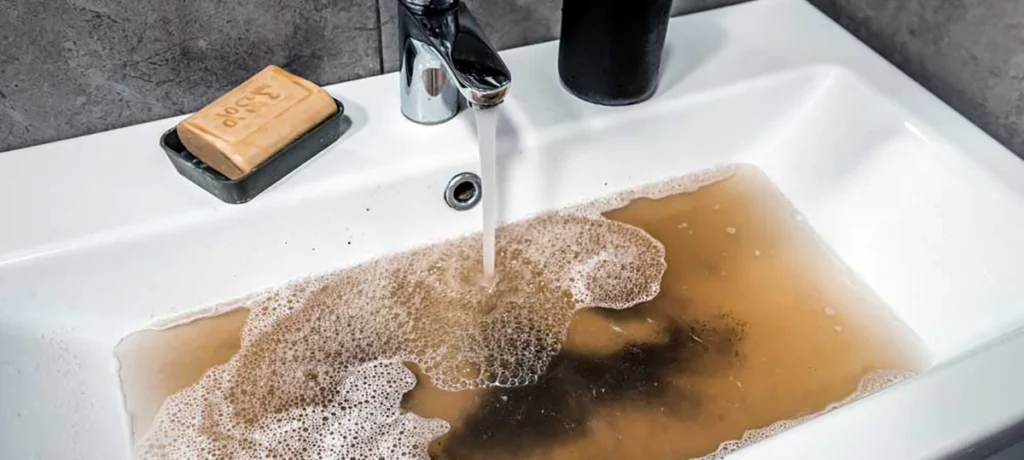
Signs of a Clogged Drain
Slow draining water, unpleasant odors, and gurgling sounds are all signs of a clogged drain. In severe cases, water may back up entirely.
DIY Solutions for Clogged Drains
You can often clear minor clogs using a plunger or a drain snake. For stubborn clogs, a mixture of baking soda and vinegar followed by hot water can help dissolve the blockage.
Running Toilets
A running toilet can waste a significant amount of water, leading to higher water bills.
Common Causes of Running Toilets
The most common causes include a faulty flapper valve, a broken fill valve, or an improperly adjusted float. These parts control the water flow in and out of the toilet tank.
Fixing a Running Toilet
Replacing the flapper or adjusting the float mechanism can usually stop a running toilet. These repairs are relatively simple and can be done with basic tools.
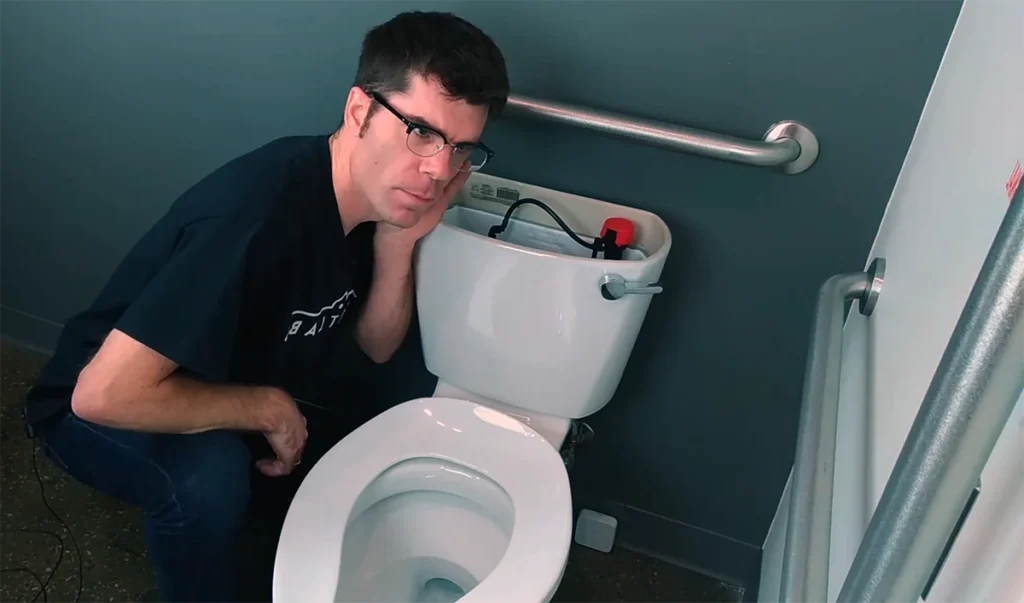
Low Water Pressure
Experiencing low water pressure can be frustrating, especially when trying to take a shower or wash dishes.
Reasons for Low Water Pressure
Low water pressure can result from several issues, such as a partially closed shutoff valve, a clogged faucet aerator, or sediment buildup in the pipes.
Solutions to Restore Water Pressure
Check and clean the aerator, ensure the shutoff valves are fully open, and consider flushing the water heater to remove sediment. If these steps don’t work, you might need a professional to check for more serious issues like pipe corrosion or leaks.
Water Heater Issues
Water heater problems can leave you without hot water, making daily tasks uncomfortable.
Types of Water Heater Problems
Common issues include a lack of hot water, strange noises, leaks, and water that’s too hot or not hot enough.
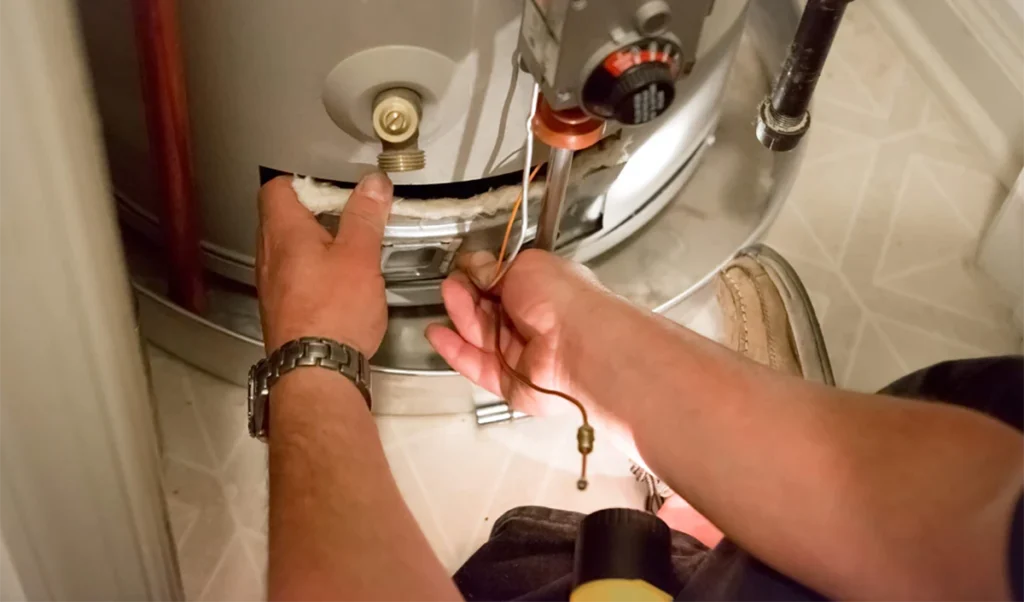
How to Address Water Heater Issues
For minor issues, you can check the thermostat settings or flush the tank to remove sediment. For more serious problems like leaks or faulty elements, it’s best to call a professional.
The Importance of Regular Plumbing Maintenance
Preventative Measures
Regular maintenance can prevent many common plumbing issues. Simple tasks like inspecting faucets and pipes for leaks, cleaning drains, and checking the water heater can keep your plumbing system running smoothly.
Benefits of Regular Check-Ups
Routine check-ups by a professional can catch small issues before they become major problems, saving you time and money in the long run. They can also extend the lifespan of your plumbing fixtures and appliances.
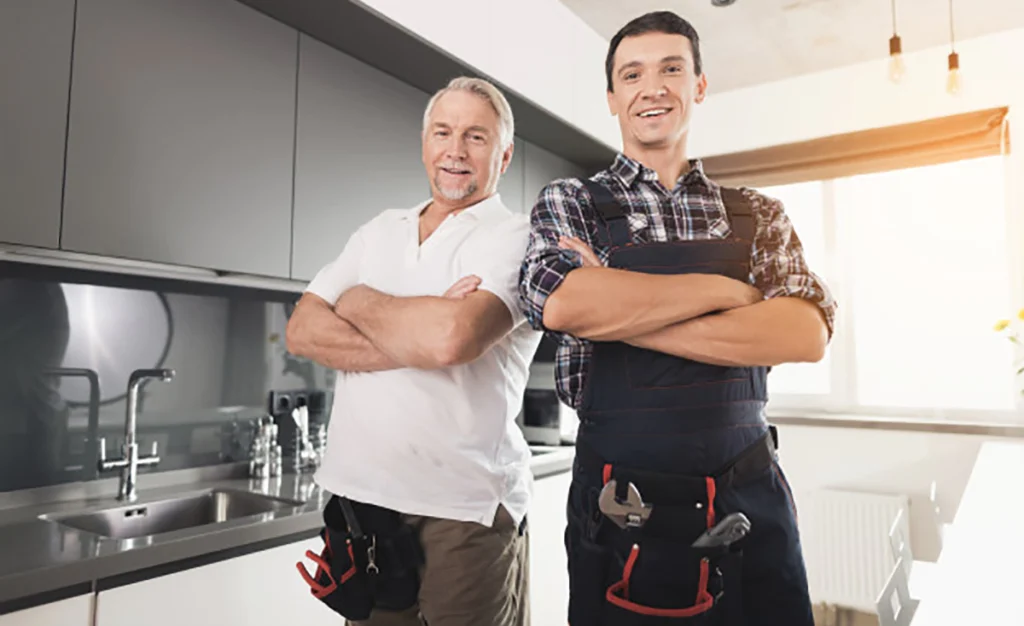
When to Call a Professional
Understanding DIY Limits
While many plumbing repairs can be handled with basic tools and a bit of know-how, some situations require professional expertise. Understanding your limits can prevent further damage and costly repairs.
Indicators for Professional Help
If you encounter persistent leaks, major clogs, or issues with your water heater that you can’t resolve, it’s time to call a professional. Additionally, if you’re not comfortable performing a repair, seeking professional help is always a wise choice.
Plumbing issues are an inevitable part of homeownership, but being prepared can make all the difference. By understanding the most common plumbing repairs and how to address them, you can keep your home’s plumbing system in good working order. Regular maintenance and knowing when to call a professional will help you avoid costly and inconvenient plumbing problems.
FAQs
Signs of a plumbing issue include leaks, slow draining sinks, low water pressure, and unusual noises from your plumbing system.
It’s a good idea to perform a basic check of your plumbing system every few months and schedule a professional inspection annually.
Yes, most leaky faucets can be fixed with basic tools and replacement parts. However, if you’re unsure, it’s always best to consult a professional.
Check the thermostat and ensure it’s set correctly. If you’re still having issues, flushing the tank might help. For more serious problems, contact a professional plumber.
Prevent clogs by avoiding putting grease, hair, and large food particles down the drain. Regularly clean your drains with a mixture of baking soda and vinegar.



